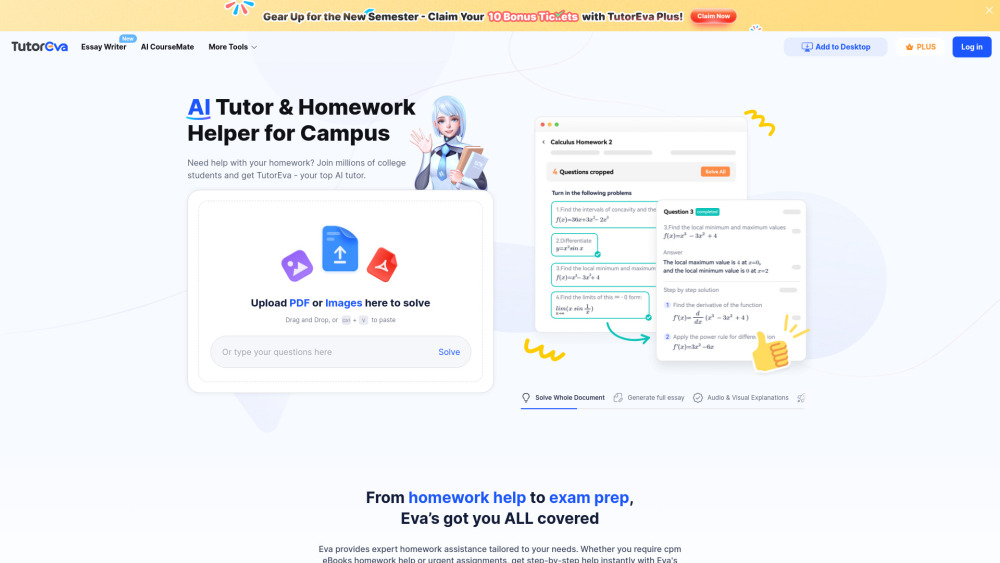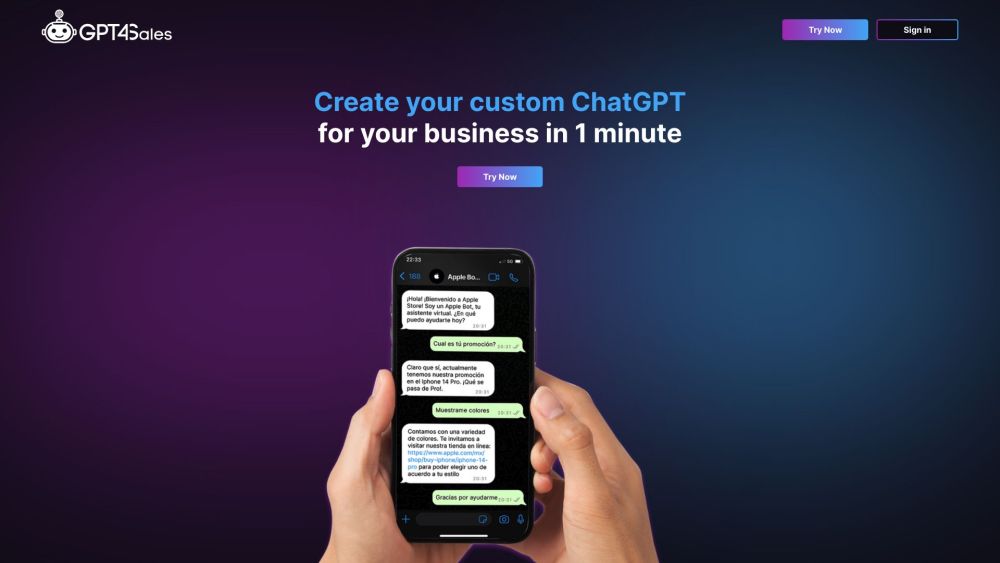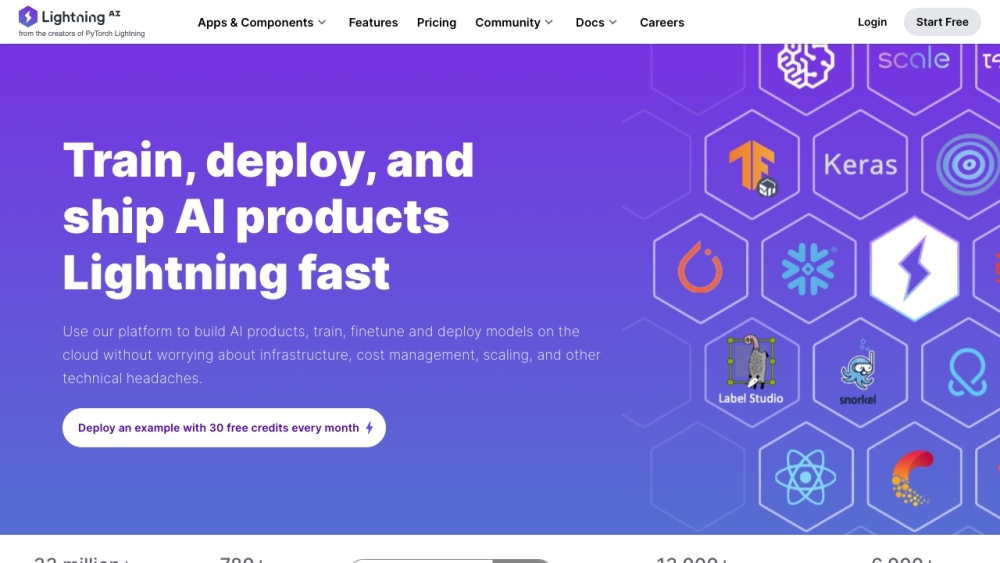Perplexity is launching a “Publishers’ Program” to share ad revenue with publishing partners amidst recent plagiarism accusations. The initial partners include well-known outlets such as Time, Der Spiegel, Fortune, Entrepreneur, and The Texas Tribune. Under this program, featured content from these publishers will earn them a share of the ad revenue when used in response to user inquiries.
In addition to ad revenue, publishing partners will receive a complimentary one-year subscription to Perplexity’s Enterprise Pro tier and access to developer tools. They will also benefit from insights provided by Scalepost.ai, an AI startup that facilitates partnerships between AI companies and publishers. This initiative aims to collect data on how frequently a publisher's articles appear in search results.
Dmitry Shevelenko, Perplexity’s chief business officer, did not disclose specific terms but mentioned that the revenue share involves a multi-year agreement offering a consistent "double-digit percentage" across all publishers, with notably favorable terms for the earliest partners. Payments will be made on a per-source basis, compensating publishers for each article used. To enhance initial revenue flow, Perplexity plans to offer cash advances while developing a long-term advertising model.
Matt Mullenweg, CEO of Automattic, noted that the revenue split is significantly better than what Google offers, which is currently none. Although WordPress.org is not included in the publishing agreement, Automattic will ensure payments to WordPress.com customers.
This initiative follows scrutiny over Perplexity’s product, Pages, where a Forbes editor discovered plagiarized content from the publication. Wired also reported instances of Perplexity inaccurately paraphrasing WIRED articles with minimal attribution. Forbes has since considered legal action against Perplexity.
Despite the backlash, Shevelenko stated the initiative was in the works since January, inspired by X's ad revenue-sharing program. He emphasized that the program is not merely a defensive measure against lawsuits but part of a long-term strategy to shift the perception of Perplexity as a legitimate platform for content sharing.
Shevelenko acknowledged concerns about being seen as plagiarizing journalist work, asserting that the company operates within the boundaries of fair use and copyright law. Moreover, Perplexity is committed to establishing a sustainable framework for compensating publishers for content.
As AI-driven search becomes more expensive than traditional search methods, Perplexity is prioritizing an advertising model to sustain its operations. After raising $250 million at a $3 billion valuation, Shevelenko indicated that ad revenue will be key to success, with plans to introduce ads soon. While some investors oppose the idea of paying publishers, Shevelenko believes in building meaningful partnerships with media organizations.
The competitive landscape includes OpenAI, which recently unveiled SearchGPT and partnerships with publishers like News Corp and Vox Media. OpenAI's approach allows publishers some control over their content in search features. Perplexity is similarly open to granting publishers more control, as long as it does not compromise user experience.
Ultimately, the media industry must navigate the challenges of accepting ad revenue from AI companies like Perplexity while addressing concerns about equitable compensation for all publishers. As AI companies increasingly utilize publisher content, the decision to partner rather than pursue legal action appears to be a pragmatic path forward for many in the industry.





